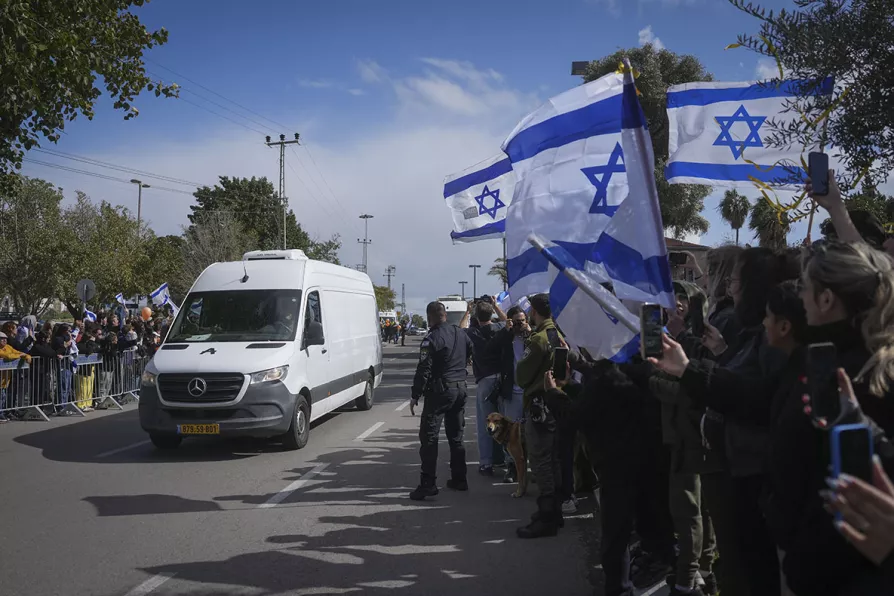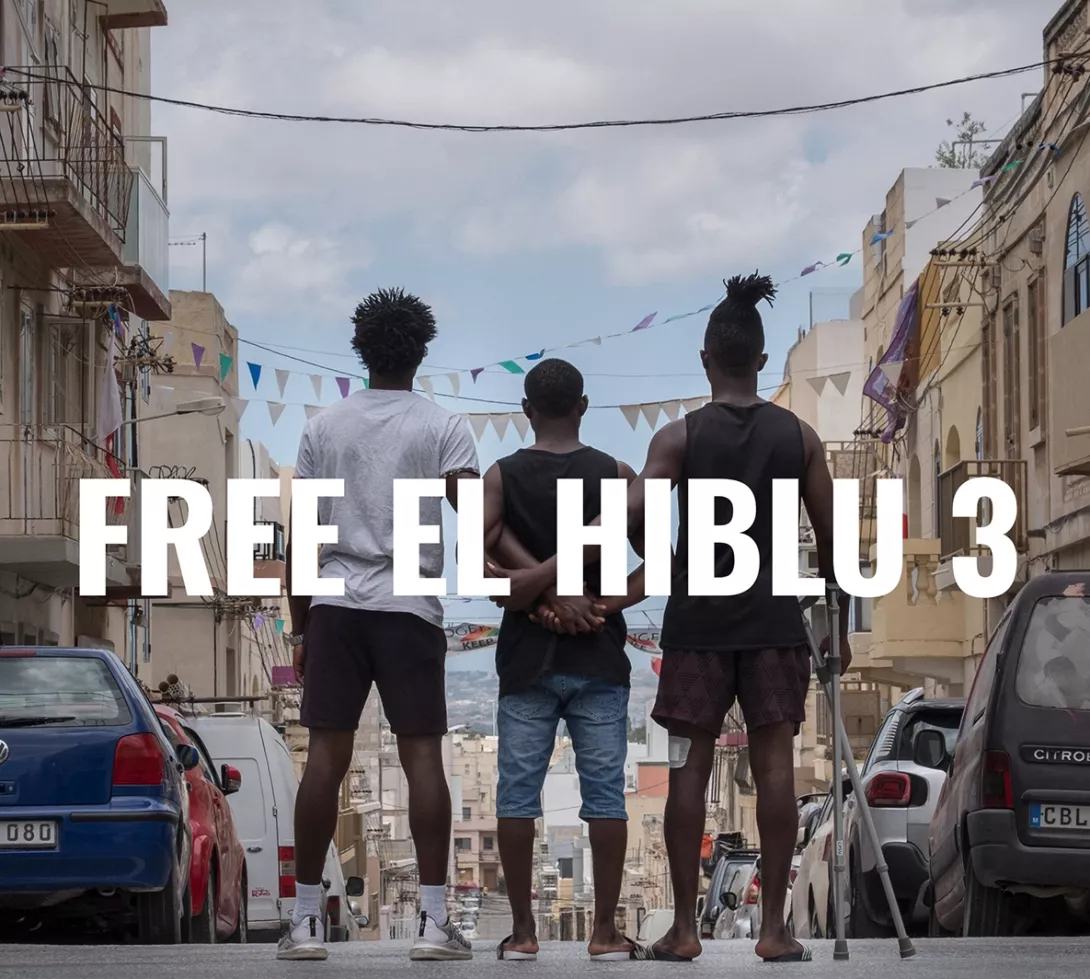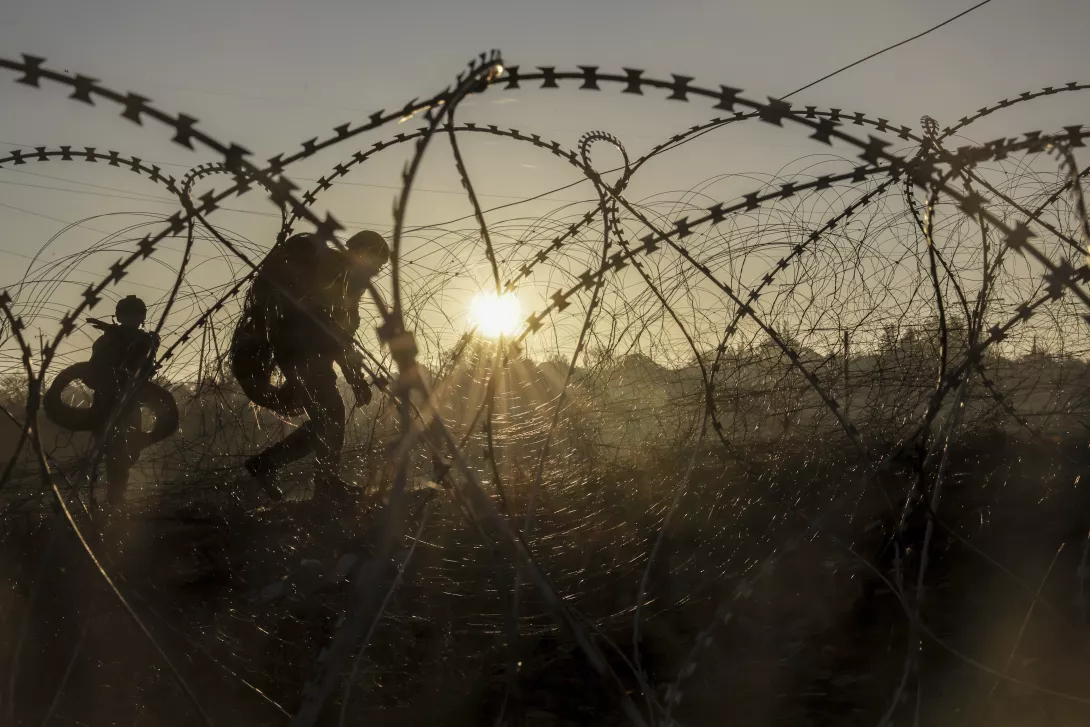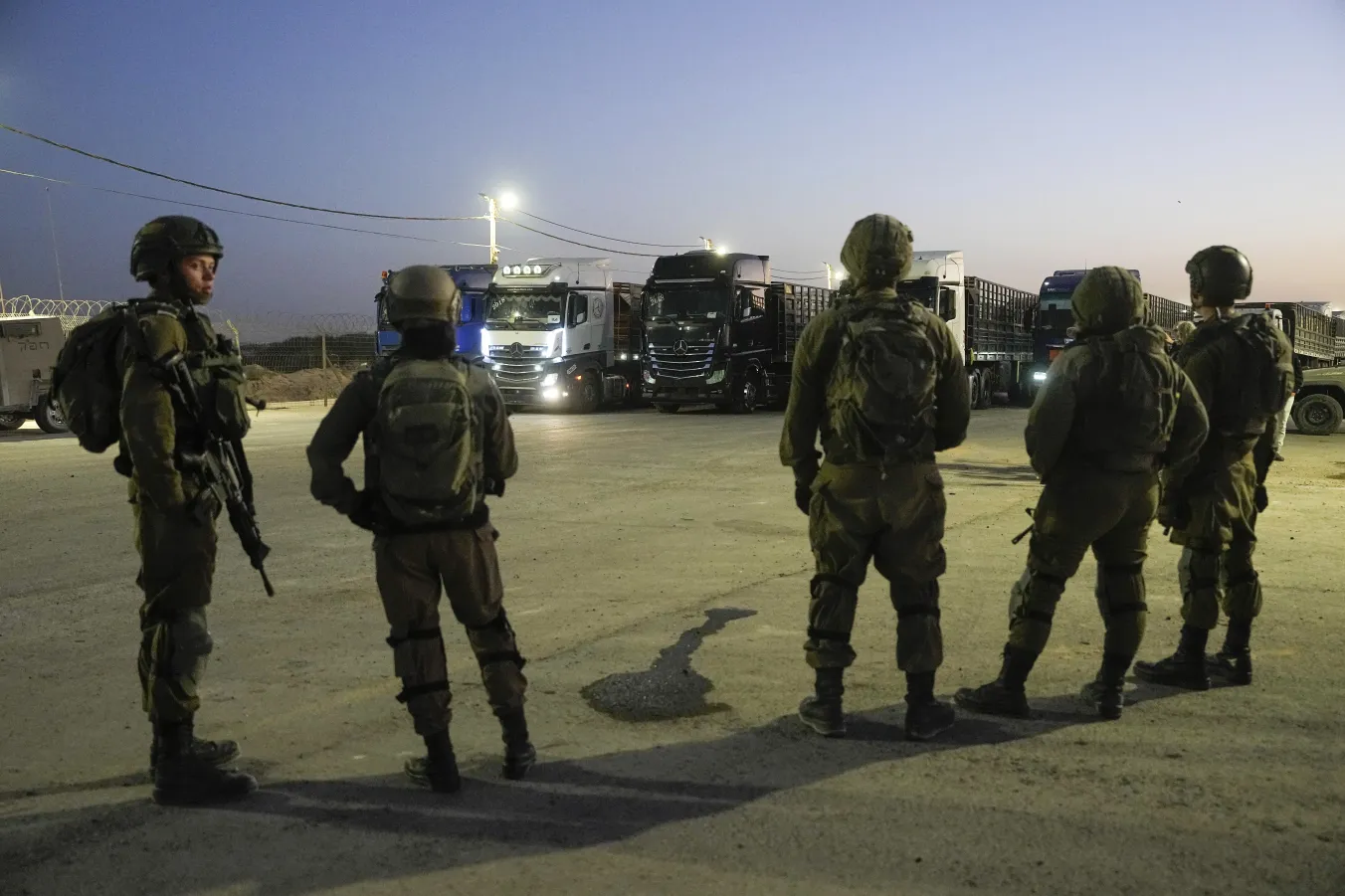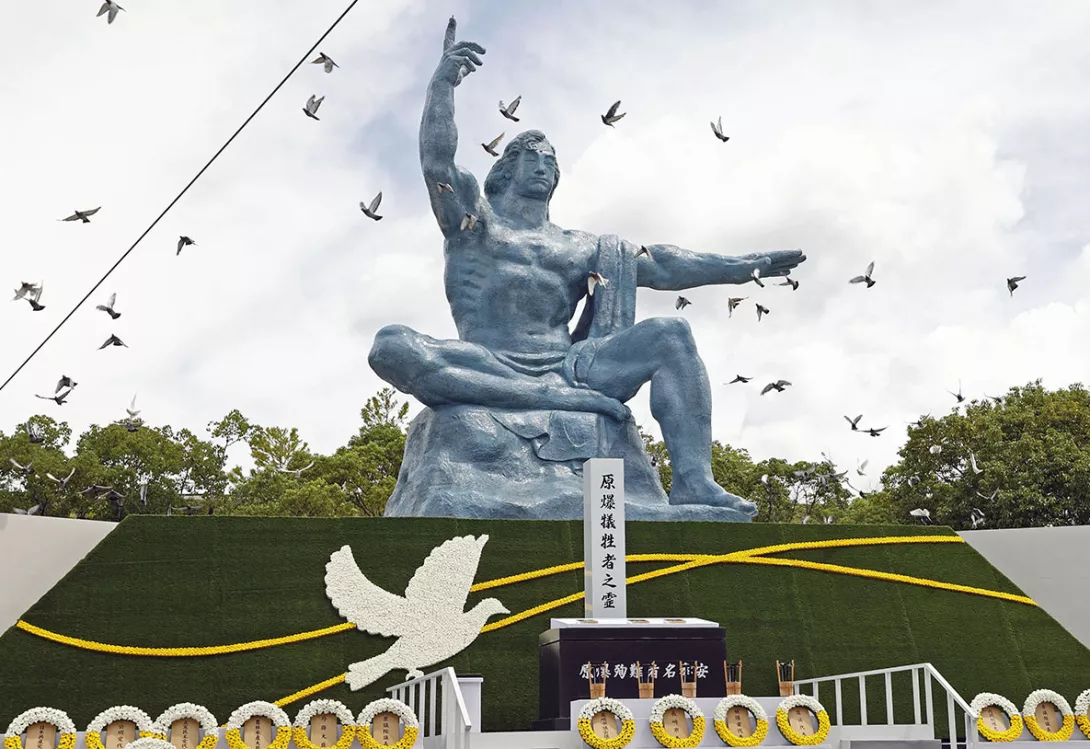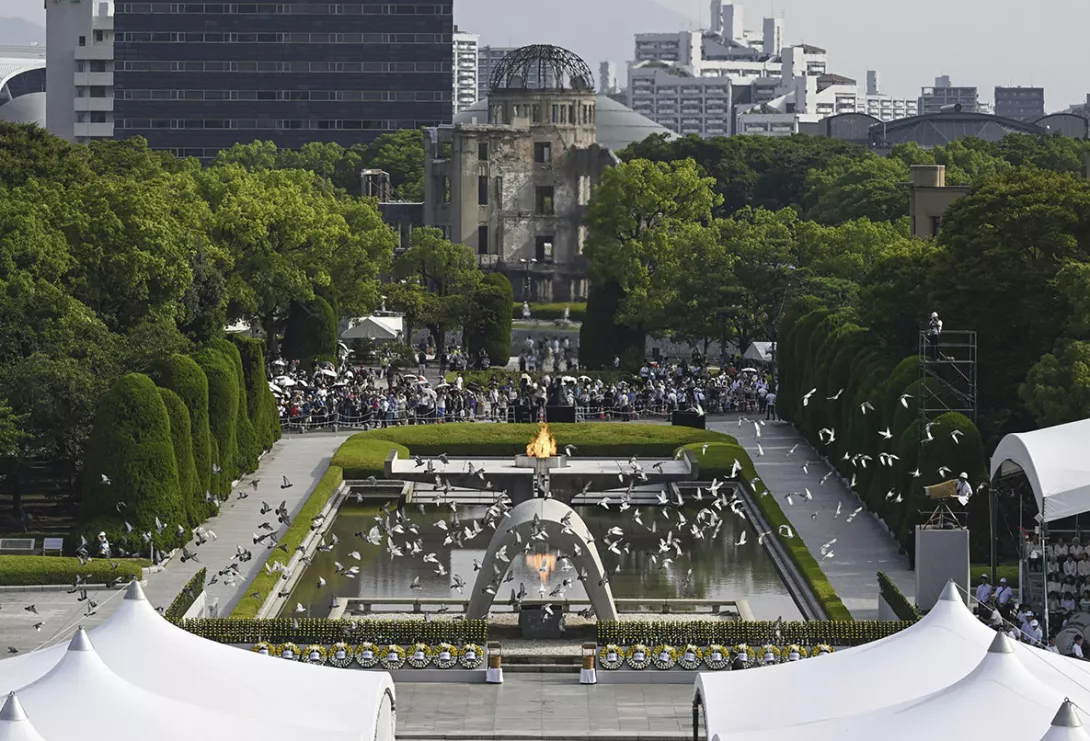Nagasaki mayor calls for nuclear-armed states to abolish the weapons
US snubs memorial for victims of its atomic bombing as Israel not invited
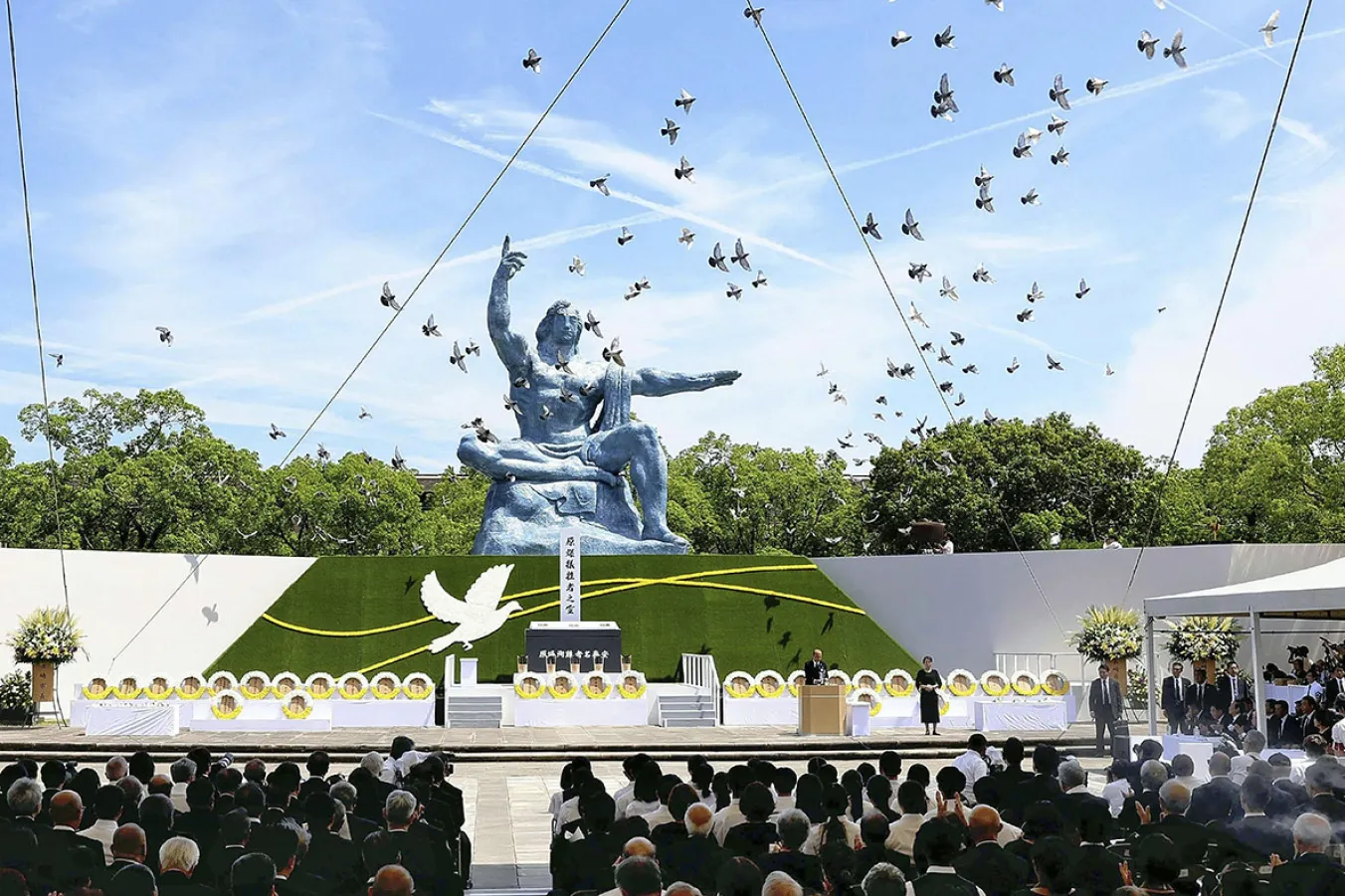
NAGASAKI major Shiro Suzuki called on nuclear-armed states to abolish the weapons at a ceremony today (Fri) marking the 79th anniversary of the US’s atomic bombing of the city at the end of World War II.
“You must face up to the reality that the very existence of nuclear weapons poses an increasing threat to humankind, and you must make a brave shift toward the abolition of nuclear weapons,” Mr Suzuki said.
He warned that the world faces “a critical situation” because of Russia’s invasion of Ukraine and accelerating conflicts in the Middle East.
More from this author
Similar stories
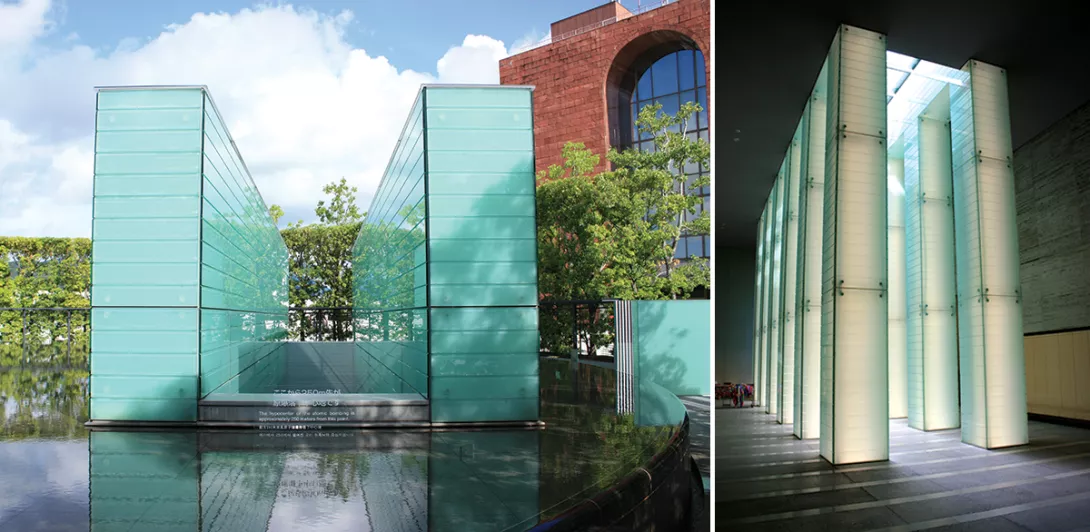
The hypocrisy of the those who dropped the bombs defending another genocide was not lost on protesters, writes LINDA PENTZ GUNTER


